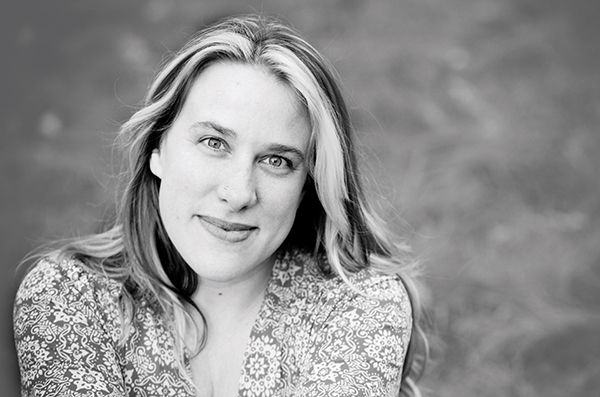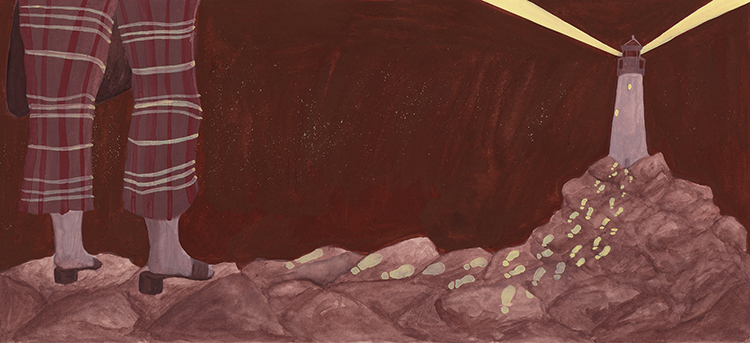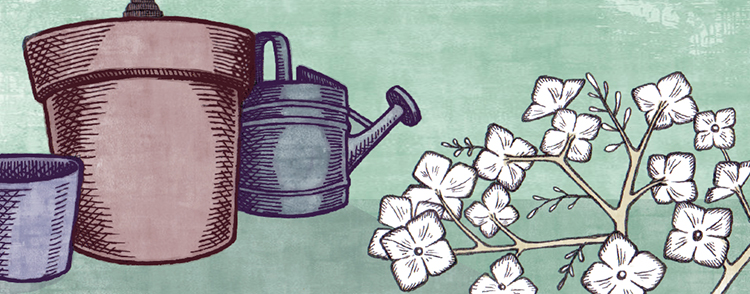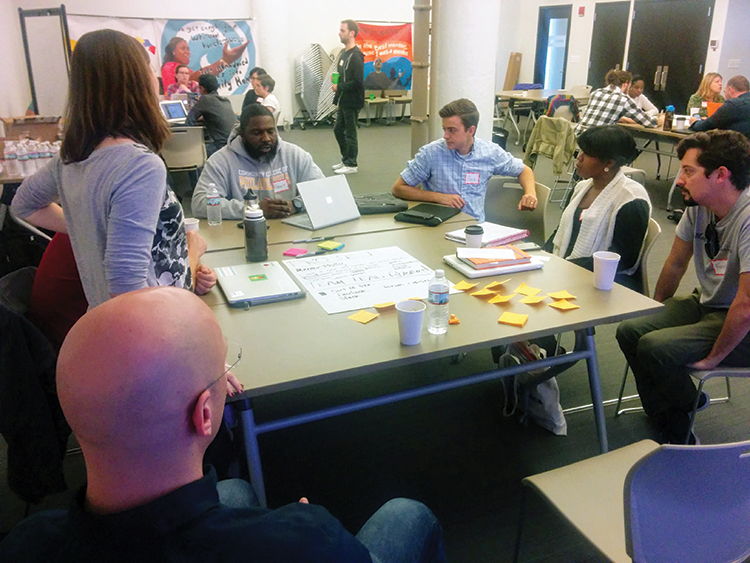To everything, there is a season
The winter outlines of bare trees against the sky always look particularly beautiful when dusk briefly passes behind them—the elegant and intricate silhouettes are otherworldly.
That they are the same creatures who only months ago were abundant with leaves fluttering in warm sun is fascinating. In this part of the world, they tell us the story of the seasons, and we hungrily turn the pages again and again without tiring of the narrative, like a child with a favorite picture book. In late summer’s gauzy haze, we begin to taste the crisp fall. When winter has gone on too long, we ache for spring. The transitory but relatively reliable passing of the seasons is, in and of itself, a kind of parental comfort.
That may explain why our present time and place feels more and more discomfiting. Not just politically—as we bear witness to a country wrestling with itself to enact its ideals, or culturally, as we reckon with how to value the female half of the human race without devolving into yet more divisiveness—but as, in the background, a larger and more dangerous disruption lurks, too vast and frightening to comprehend: Our seasonal narrative, our climate, is changing.
We are caught, in the present moment, between knowing in our bones that something is wrong, and convincing ourselves that all will be well in the end, that a deus ex machina solution will present itself at the appropriate time and save the day.
In his brilliant book “The Great Derangement: Climate Change and the Unthinkable,” author Amitav Ghosh explores and connects the stories we’ve told ourselves about how and where we choose to live and what impacts those choices have on our living planet. He calmly and eloquently reminds us that it is naive at best and, at worst, a kind of collective delusion to continue to believe a fiction wherein humanity—our vast systems of habitat, commerce and politics—are unconnected to the planet we live on.
That sounds dramatic. The truth sometimes is.
It’s time for winter, then. Time for reflection, to look at the shape of things as they are, with no ornaments to distract us, and to choose a path forward. The stories we tell ourselves are vital. They reflect our cultural mores and priorities. The page we turn now becomes the next generation’s story, and it feels fair and just that it should be one that is appropriate to read to our children.
The British writer Ted Hughes, probably best known in America as Sylvia Plath’s husband and the author of the children’s story “The Iron Giant,” also has a formidable body of dark, muscular poetry. He’s unsparing in his portrayal of the brutishness of nature. But he unspools to us a line of occasional relief, as in the opening of “The Guide,” when he writes, “When everything that can fall has fallen/Something rises.” How far will we fall, and what will rise, I wonder, in the coming years? What will our story be?
As the editor of Grid for the past several years, this is the question I wrestle with every month, and this month’s issue will be my last as editor-in-chief. I’m looking very forward to continuing to contribute to the magazine while I put my energy into other creative projects, but the past three years have been a wonderful, long season. It’s been an intellectual, creative, collaborative and, at times, emotional challenge to give the magazine a cold, spare spine of truth but to leaf it out with beautiful stories of positivity, resilience and hope. Everything changes—but you can expect that to stay the same. Thank you for reading, and for striving for a happy ending.
Heather Shayne Blakeslee
Editor-in-Chief
P.S. I can’t say thank you enough to all of our talented and dedicated writers, illustrators and photographers, as well as the whole team at Grid. You are wonderful, and Philadelphia is a better place for your talents and hard work. I am no longer in the office, but I can be reached via email through my personal website. Please keep in touch!










Thank you for all you have done for the community Heather. I have thoroughly enjoyed your writing. — Lauren Smith, PASA